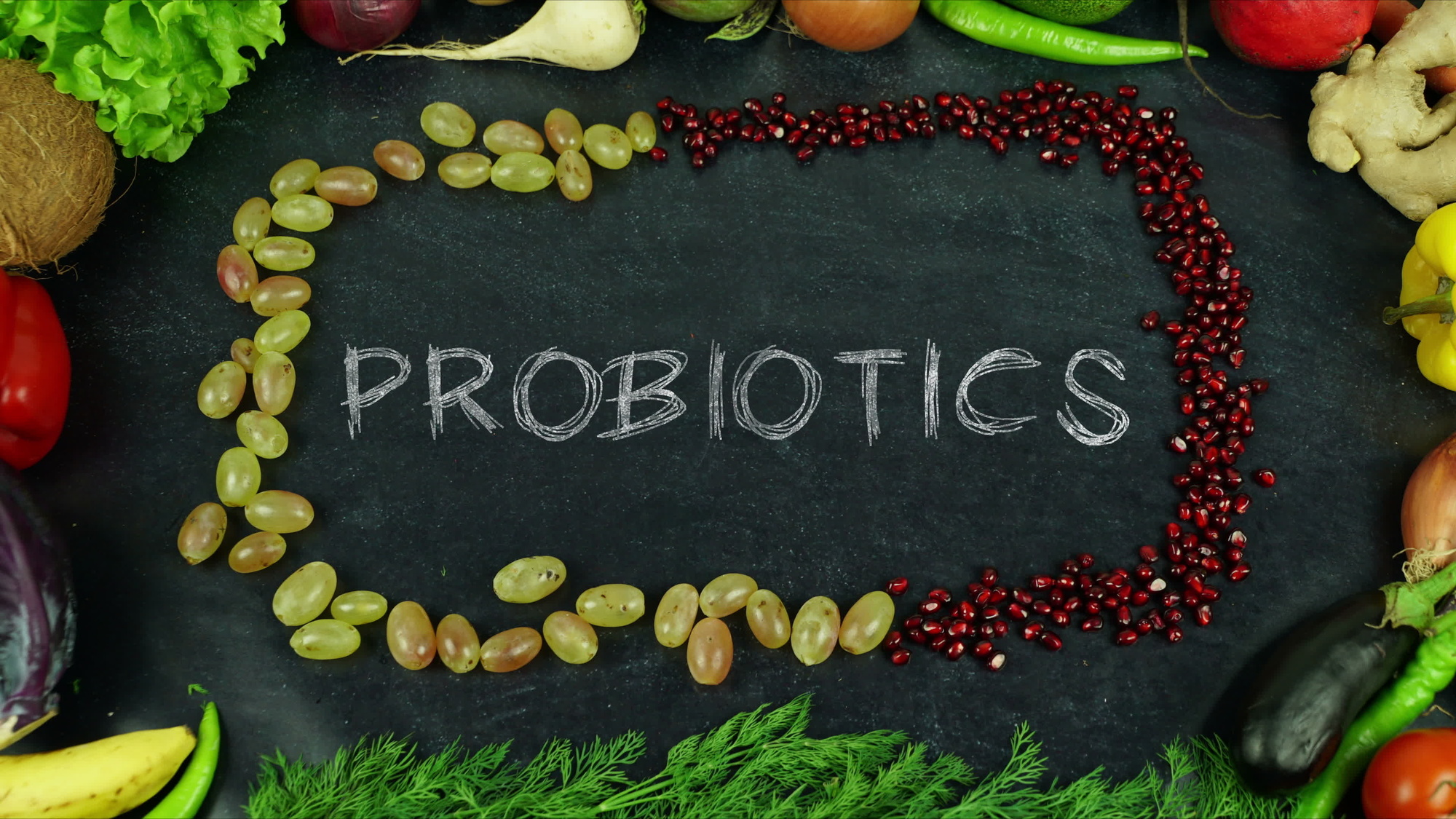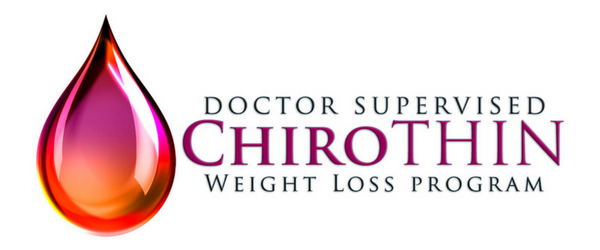
Probiotics: the “good bacteria” with the potential to restore your health, both mental and physical. Have you heard of them?
If not, you’re missing out on an amazing opportunity to fix the balance in your gut – and then maybe your life.
These cultured microorganisms singlehandedly kill the bad bacteria in your gut and promote the good stuff. They allow us to pull more nutritional benefits from our foods and less harmful ones from the likes of sugars.
There are many ways to get probiotics into your diet, whether through supplements or a broad range of select foods. And their positive effects are scientifically-backed: we’re talking about people losing 8.5% of belly fat in 12 weeks.
Sick of trying one difficult diet after another in attempt to shed some pounds?
Then this may be your answer: it’s easy and effective. It’s natural. It’s tasty.
Here’s how.
What Are Probiotics?
Simply put, they are live microorganisms. Healthy bacteria. Little tiny soldiers in our bellies that have the ability to heal a slew of illnesses, increase our mental and physical wellbeing, and even promote weight loss.
There are different strains of the bacteria, all with their own unique scientific names. One of the most beneficial is Lactobacillus rhamnosus (Lack-toe-buh-sillis). This strain is the most studied, and possibly favored.
Lactobacillus gasseri is a strain which helps consumers lose weight. This bacteria will derive the most nutritious aspects of the food you eat, while avoiding absorbing the bad.
You’ll commonly see these ingredients listed as L. rhamnosus, L. gasseri, and so on.
Another type is called Bacterioidetes. These are especially high in healthier, leaner individuals. Those suffering from obesity have a lower amount of this bacteria in their gastrointestinal systems.
What Are the Health Benefits?
So, what do probiotics do for us?
- Promote good gut health
- Heal a number of gastrointestinal issues, from bloating, to constipation, to antibiotic-induced diarrhea
- Reduce infection in babies
- Decrease harmful gut bacteria
- Increase bifidobacteria, which protects the gut
- Promote positive mental health
Although studies are being conducted as you read this, scientists can agree that the benefits are there. Tests have proven that young and old alike, healthy or not-so-much, can benefit from the intake of this healthy bacteria, as well as its predecessor, prebiotics.
How Can I Get Probiotics in My Diet?
We’ll say this: it’s easier than you’d think.
With all the complex, amazing things these microorganisms do for us, you might not realize they’d be available in the aisles of your local grocery store or pharmacy. A doctor won’t have to prescribe these for you – although their advice is always recommended for those with questions.
Food and Drink
Common grocery store items which contain this strain of bacteria:
- Yogurt (especially Greek)
- Kimchi (fermented cabbage)
- Kombucha (fermented tea)
- Miso – like Miso soup
- Sauerkraut
- Pickles – sensing a trend here? Pickled and fermented is good!
- Tempeh, and other soy-based products like soy milk
Fermented items allow this bacteria to thrive. This can even be found in things like dark chocolate.
The key to adding probiotics to your diet is this: everything in moderation, just as you’d expect. One kombucha a day makes sense. Four a day is too much.
Brands like GT’s, Brew Dr., and Kevita are commonly available and come in a variety of flavors. Prewarning: don’t shake your drink, and don’t be surprised when it’s carbonated. That’s the bacteria in action.
Supplements
If you’re worried that you’re not getting enough probiotics in your diet, or you don’t like the selections or flavors available in the food aisle, then supplements may be your answer.
The amount you need or want to take will be up to you, your current health status, your diet, and your preferences. Get familiar with these first!
What Are Prebiotics?
What comes first? You guessed it: prebiotics.
Just as it sounds, these are what probiotics are called before they’re called that, before they reach the colon. If these are healthy first, it’s only uphill for whatever grows from there.
You can go beyond adding probiotics and mix in some of these, as well. Similarly, many common household foods contain these bacteria:
- Garlic (good for so much else, too)
- Onions
- Asparagus
- Artichoke
- Bananas
- Oats
- Apples
And that’s not nearly all. Many types of roots, such as Jicama and Yacon, make the list. If you need more options, a quick Google research will reveal all.
A healthy diet equals a healthy and lean gut. Start there.
Forget the Fad
Fad diets just aren’t cutting it anymore.
Not only is it hard to adhere to them – because they’re boring; difficult; bland – they can be harmful and misleading.
You may lose weight in the beginning stages of a new diet, but much of that can be attributed to the likes of water weight. Being consistent with a diet, which isn’t always practical when it’s a trend, is key to shedding weight and then keeping it off.
They also put many participants at health risk: loss of calories and nutrients results in lack of energy and overall dissatisfaction.
The use of probiotics is a natural method for the body. It can be obtained and maintained, unlike a fad. It’s timeless in ways that the Lemonade Diet just simply can’t be.
Try Them Out
What have you got to lose?
The evidence is there.
If you don’t have probiotics in your diet, you’re missing out on critical, crucial, life-changing nutrition. Feel-good stuff that could affect everything from your gut to your brain.
Don’t let the word “bacteria” steer you away from what these guys have to offer. We’ve all got it churning around in our bellies. In fact, we’ve got more of it in our gut than we do cells in our entire bodies.
100 trillion microbes are in your body right now. They’re helping us live. They’re improving our digestion, our immune systems, and our weight. Are you intrigued?
Check out our blog for more information!
